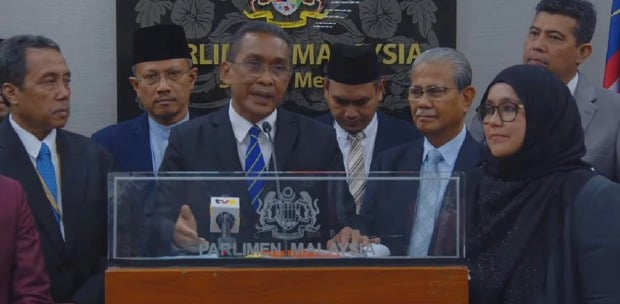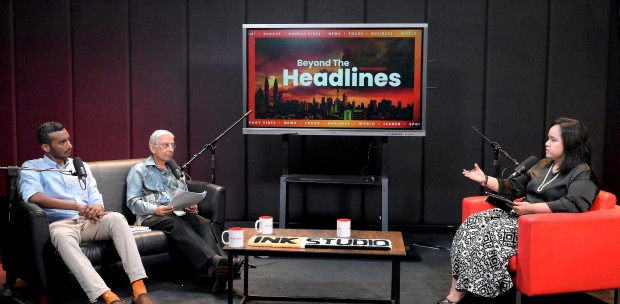KUALA LUMPUR: Allowing Malaysians to hold two or more citizenships could potentially create violations of national sovereignty, legal systems, and economic sabotage, says constitutional law expert Associate Professor Dr Muhammad Fathi Yusof.
He believes that the rule of single citizenship must remain, as it is closely related to upholding loyalty to the king and the country, which is the second principle of the Rukun Negara (National Principles).
He stated that loyalty to the nation is the core of the concept of single citizenship, as mentioned in the Reid Commission Report of 1957.
"In addition, the existing principle should also be maintained to avoid the complex problems that may arise from dual citizenship," he told Berita Harian.
Yesterday, Prime Minister Datuk Seri Anwar Ibrahim mentioned that the issue of dual citizenship would be discussed further, where there must be an evaluation made first on its implementation and implications as it involves major policy decisions.
"The Foreign Minister and the Home Affairs Minister will prepare working papers and discuss the implications. For now, we do not take sides but because there is a demand, we will look into it and see if we need to adapt or not," he said.
Muhammad Fathi, who is a law and constitution researcher at Universiti Teknologi Malaysia (UTM), believes that Malaysia is not yet ready for dual citizenship. He stated that the principle in Article 24, which empowers the government to revoke citizenship from citizens who obtain citizenship from another country, should be maintained.
"It should also be remembered that any changes related to citizenship have a direct impact on the fundamental structure of the constitution, which includes principles related to the position of the Malay Rulers, Islam and the privileges of Bumiputeras.
"Moreover, any amendments concerning Part III of the constitution, which deals with citizenship, can only be made with the consent of the Malay Rulers' Council," he said.
Therefore, he hopes that the government does not take any controversial steps that could spark controversies in the country.
"Sensitive and risky issues like this should remain status quo and should not be disturbed by any party. The current priority is to strengthen the country's economy during uncertain global economic conditions and to protect the livelihoods of the people who are faced with the rising cost of living," he said.
Meanwhile, Academy Nusantara (NASR) geostrategist and senior fellow, Prof. Dr. Azmi Hassan, said he did not see the need for the government to consider granting dual citizenship to Malaysian citizens.
He argued that not only does it violate the federal constitution, but there is also no clear benefit or advantage to it.
"Many countries in the world do not allow dual citizenship because loyalty to the country needs to be clear and unambiguous. In Malaysia, loyalty and citizenship must be precise and unwavering. If our people have citizenship in another country, their loyalty becomes divided and it is even more dangerous if that loyalty contradicts our nation," he said.
He mentioned that among the countries that allow dual citizenship are Australia, Germany, the United States, Japan, South Korea and the Philippines.
As outlined in the constitution, Malaysia still practises single citizenship and if someone holds citizenship in another country, it is automatically revoked.
"I do not see why there should be a study paper on this, if there is a study paper, it means there is speculation that Malaysia wants to grant citizenship to citizens of another country.
"I do not see the need for this at the moment. What benefit does it bring to our country to have dual citizenship unless there is a reason to attract residents from other countries to live and work here?" he asked.





